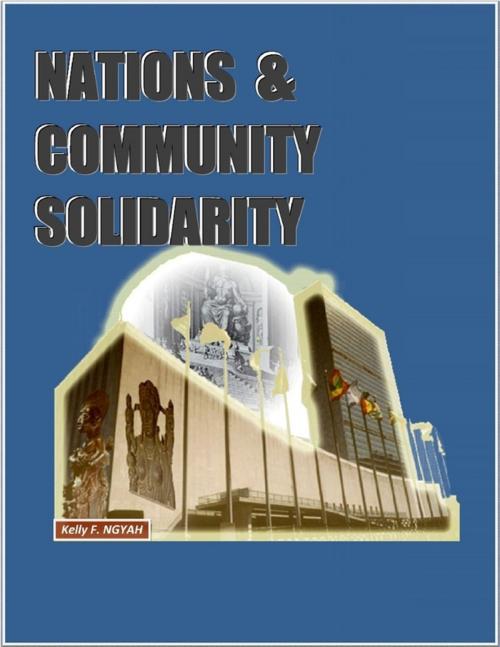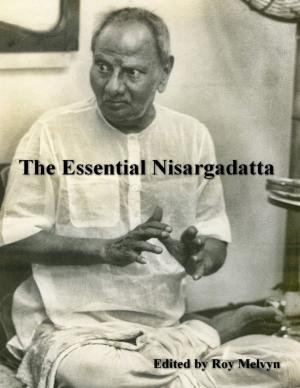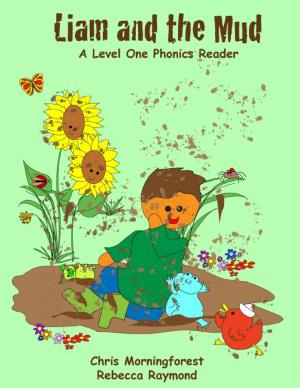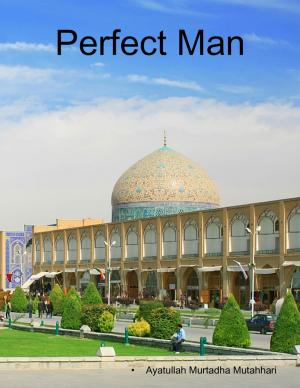| Author: | Kelly NGYAH | ISBN: | 9781329158764 |
| Publisher: | Lulu.com | Publication: | May 23, 2015 |
| Imprint: | Lulu.com | Language: | English |
| Author: | Kelly NGYAH |
| ISBN: | 9781329158764 |
| Publisher: | Lulu.com |
| Publication: | May 23, 2015 |
| Imprint: | Lulu.com |
| Language: | English |
Notions of community within national and international spheres form major discussion postulates on achieving mutually comprehensive relationships between human groupings in a liberalist world. However, the mutuality nuance within communitarianism by same liberalist conceptions is formed through the formation of separate small community solidarity focuses. When liberalist precepts as those of the human rights allow huge allowances for human freedom and choices over certain community binding rules, the problematic lies with respect to the possibility of achieving a major solidarity focus within a larger community perception of ‘the nation’ that has several other smaller communities within its territorial boundaries. The author sees the nation-State as a mother territorial phenomenon with the responsibility to maintain peace and solidarity among the countless smaller groupings under her. Trying to resolve one’s issue may ignite conflict with another so, how can she ensure this duty?
Notions of community within national and international spheres form major discussion postulates on achieving mutually comprehensive relationships between human groupings in a liberalist world. However, the mutuality nuance within communitarianism by same liberalist conceptions is formed through the formation of separate small community solidarity focuses. When liberalist precepts as those of the human rights allow huge allowances for human freedom and choices over certain community binding rules, the problematic lies with respect to the possibility of achieving a major solidarity focus within a larger community perception of ‘the nation’ that has several other smaller communities within its territorial boundaries. The author sees the nation-State as a mother territorial phenomenon with the responsibility to maintain peace and solidarity among the countless smaller groupings under her. Trying to resolve one’s issue may ignite conflict with another so, how can she ensure this duty?















